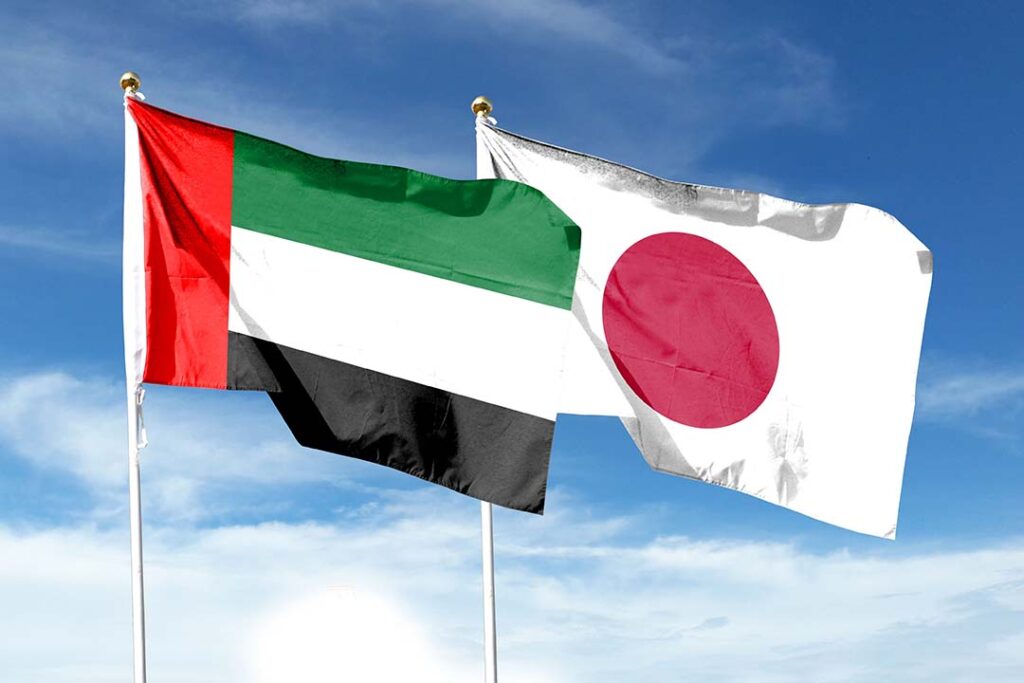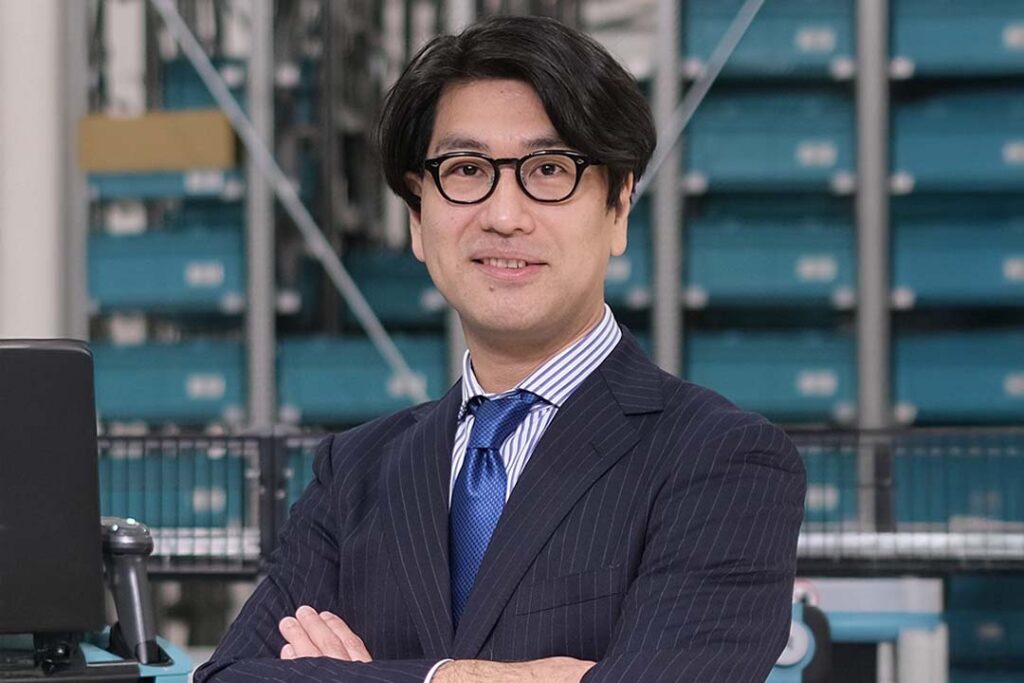Founded in 1971, the Philippines-Japan Society stands as a cornerstone in fostering long-term diplomatic and cultural ties between the two nations. Francis Laurel, President of the Society, highlights the organization’s role as an “unofficial backdoor of Philippine diplomacy,” effectively handling what formal channels cannot.

The organization’s foundation was laid much earlier, with roots tracing back to 1959. The society’s mission was cemented in the early 70s when a significant $1 million gift from Japan was used to establish various programs aimed at enhancing bilateral relations.
One of the key aspects of the society’s work is fostering cultural and educational exchanges. The society has created numerous programs, including the Philippines Japan Ladies Association and the Philippine Institute of Japanese Language and Culture. These initiatives reflect a deeper understanding of cultural nuances, as Laurel highlights, “Despite their reputation for being a machismo society, Japan is matriarchal at its core, much like the Philippines.”
Japan’s foreign policy is founded on the doctrine of ‘Heart to Heart’ relations, a stroke of genius that has deeply influenced diplomatic and cultural ties
Francis Laurel, President of the Philippines-Japan Society

The society also addresses inconsistencies in the Philippines’ business environment. “In business, we like to think long term, but frequent policy changes every six years make it very uncomfortable,” Laurel notes. This perspective underscores the Japanese government’s consistent and long-term approach to aid and investment, which contrasts sharply with other nations. “Japan’s foreign policy is founded on the doctrine of ‘Heart to Heart’ relations, a stroke of genius that has deeply influenced diplomatic and cultural ties,” he adds.

Understanding and respecting ‘face’ is crucial in Japanese business culture. Laurel emphasizes, “The Japanese are extremely grateful for our patient and quiet efforts to develop our relationship.”
Looking ahead, Laurel stresses the importance of passing on this legacy to future generations. “We must nurture and pass on our legacy of strong Philippine-Japan relations to the next generation.”

The society’s efforts are driven by a deep-seated commitment to nurturing this bilateral relationship. “Our efforts are not for personal gain but for the country’s benefit, ensuring a robust and lasting partnership with Japan,” asserts Laurel. Through patience, quiet diplomacy, and a focus on long-term benefits, the Philippines-Japan Society stands as a testament to enduring friendship and cooperation.









